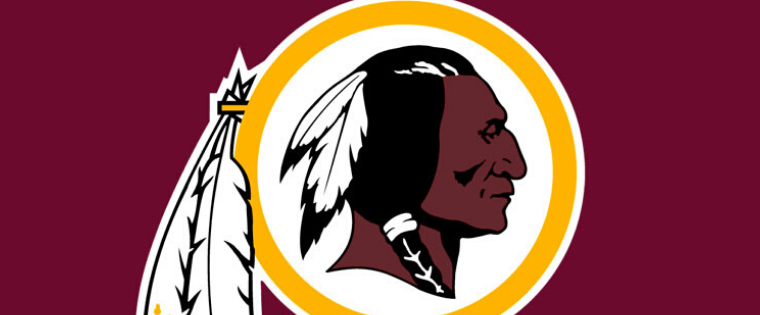Risk/Reward in Unusual Places

The celebrity licensing business has always been a risk/reward world, with big successes balanced by cautionary tales of personalities whose brands turned instantly toxic because of some very public mis-step or ill-advised (or worse) comment. Think of people such as chef Mario Batali, southern cooking star Paula Deen or YouTube sensation Logan Paul. A brand can go from “sixty to zero” seemingly in a split second, and goods on the shelf become unsellable.
Calmer waters?
But over the past several weeks, amid conversation and protest sparked by the Black Lives Matter movement, the seemingly calmer waters of corporate brands and sports have been roiled.
The speed at which the market has acted in the past several days regarding the NFL team based in Washington, DC, is mind-blowing. Not that controversy over the Redskins name has just been raised for the first time. Far from it; it’s been an ongoing subject of debate for several years – at least one newspaper had stopped using the name in any articles – but change has been resisted by team ownership, backed up by the NFL.
Changes afoot
That’s all changed in the past few days, when the team had heard from sponsors, and Nike yanked Redskins goods from its website, followed swiftly by similar moves by Walmart, Target and Dick’s Sporting Goods.
(The Walmart move plays out in an interesting way. Type “Redskins” into Walmart.com, and you’re taken to “NFL Shop by Fanatics,” which now offers goods from all NFL teams except Washington. Type the same term directly into the Fanatics site, and you’re shown an array of Redskins-licensed merchandise.)
Similar questions are being raised about MLB’s Cleveland Indians, which a year ago dropped its caricatured Chief Wahoo mascot, and now says it is studying a complete removal of the Indians name. Is there a day of reckoning ahead for the Kansas City Chiefs, Atlanta Braves, Chicago Blackhawks, and others?
The subject of Native American names and imagery continues for collegiate and even high school sports programs. The NCAA issued “guidelines” on the subject in 2005, though some schools were granted waivers. “It’s not about an effort to be politically correct,” NCAA President Myles Brand said at the time “It is about doing the right thing.”




